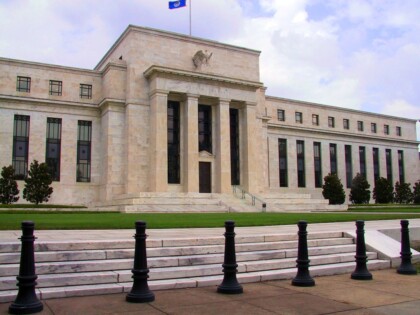
Switzerland has been an important place for bitcoin development. It is a nation known for its welcoming of capital and has been the home of wealthy individuals hiding their money. This is why many thought it would be easy to maintain a bitcoin presence in the affluent European country.
The Federal Council issued a new report that concluded Switzerland will refrain from instigating legislation that applies specifically to bitcoin and other peer-to-peer decentralized virtual currencies. The reason why it has decided to step aside in the meantime is because digital currencies are presently “insignificant” towards other important economic matters facing Zurich.
In addition, the government alludes to the fact that the current slate of laws in the books also apply to the activities of cryptocurrencies. In other words, bitcoin and other virtual currencies are not in a “legal vacuum.”
“Contracts with virtual currencies are enforceable in principle and penalties can be imposed for criminal offences associated with virtual currencies. Certain business models based on virtual currencies are subject to financial market laws and need to be subjected to financial market supervision,” the report stated.
“Professional trade in virtual currencies and the operation of trading platforms in Switzerland generally come under the scope of the Anti-Money Laundering Act. This includes compliance with the obligation to verify the identity of the contracting party and establish the identity of the beneficial owner.”
The report cited Swiss Code of Obligations, the Federal Act on Combating Money Laundering, the Financing of Terrorism in the Financial Sector and the Federal Act on Banks and Savings Banks as some of the laws that can be used to facilitate the bitcoin community.
In response to the announcement, Swiss Financial Market Supervisory Authority (FINMA) has published an updated version of its bitcoin fact sheet that takes into account the Federal Council’s rulings. The FINMA guidance highlights licensing mandates and regulatory constraints, such as how businesses involved with bitcoin might be required to obtain a license and some transactions might be classified under money laundering rules.
We reported earlier this month that FINMA has been delaying the installation and launches of Bitcoin Suisse AG’s bitcoin ATM plans in Zurich and elsewhere across the country. It stopped the implementation of these bitcoin ATMs citing legal clarification.
“It is correct that Bitcoin Suisse AG (BTCS) have been requested to suspend our launch of our Zürich based Bitcoin ATM by the Swiss regulatory authorities,” Bitcoin Suisse AG wrote. “In corperation [sic] with the authorities – we have also progressively suspended all our other planned ATM launches for the time being.”
Swiss officials have also debated the merits of permitting companies to pay their employees in bitcoins. A Socialist lawmaker posited that businesses taking part in such an act would be illegal, according to Swiss labor laws. Thus, private firms are legally required to pay their workers in Swiss francs, however, they would be permitted to allocate staff year-end bonuses in bitcoins or another kind of virtual currency.







